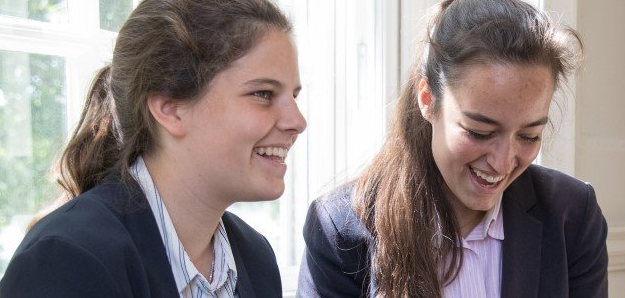Drama
Subjects
-
New List Item Write a description for this list item and include information that will interest site visitors. For example, you may want to describe a team member's experience, what makes a product special, or a unique service that you offer.
Art -
New List Item Write a description for this list item and include information that will interest site visitors. For example, you may want to describe a team member's experience, what makes a product special, or a unique service that you offer.
Drama -
New List Item Write a description for this list item and include information that will interest site visitors. For example, you may want to describe a team member's experience, what makes a product special, or a unique service that you offer.
English -
New List Item Write a description for this list item and include information that will interest site visitors. For example, you may want to describe a team member's experience, what makes a product special, or a unique service that you offer.
French -
New List Item Write a description for this list item and include information that will interest site visitors. For example, you may want to describe a team member's experience, what makes a product special, or a unique service that you offer.
Geography -
New List Item Write a description for this list item and include information that will interest site visitors. For example, you may want to describe a team member's experience, what makes a product special, or a unique service that you offer.
History -
New List Item Write a description for this list item and include information that will interest site visitors. For example, you may want to describe a team member's experience, what makes a product special, or a unique service that you offer.
ICT & Computer Science -
New List Item Write a description for this list item and include information that will interest site visitors. For example, you may want to describe a team member's experience, what makes a product special, or a unique service that you offer.
Latin -
New List Item Write a description for this list item and include information that will interest site visitors. For example, you may want to describe a team member's experience, what makes a product special, or a unique service that you offer.
Mathematics -
New List Item Write a description for this list item and include information that will interest site visitors. For example, you may want to describe a team member's experience, what makes a product special, or a unique service that you offer.
Music -
New List Item Write a description for this list item and include information that will interest site visitors. For example, you may want to describe a team member's experience, what makes a product special, or a unique service that you offer.
Philosophy -
New List Item Write a description for this list item and include information that will interest site visitors. For example, you may want to describe a team member's experience, what makes a product special, or a unique service that you offer.
Physical Education -
New List Item Write a description for this list item and include information that will interest site visitors. For example, you may want to describe a team member's experience, what makes a product special, or a unique service that you offer.
Religious Education -
New List Item Write a description for this list item and include information that will interest site visitors. For example, you may want to describe a team member's experience, what makes a product special, or a unique service that you offer.
Science -
New List Item Write a description for this list item and include information that will interest site visitors. For example, you may want to describe a team member's experience, what makes a product special, or a unique service that you offer.
Science - KS3 Curriculum -
New List Item Write a description for this list item and include information that will interest site visitors. For example, you may want to describe a team member's experience, what makes a product special, or a unique service that you offer.
Spanish
Drama
Drama at The Laurels is varied, dynamic and exciting, introducing students to the breadth and power of theatre as an artform. Theatre is a medium of communication not only used for the sake of entertainment but also to enact ideas, social and political commentary and artistic and cultural expression.
“The mission of the theatre, after all, is to change, to raise the consciousness of people to their human possibilities.” – Arthur Miller
Students are introduced to a wide range of theatrical devices, styles and practitioners when studying Drama at The Laurels. They are encouraged to explore and develop their own skills as performers, creative theatre makers and as critical appraisers of Drama in its many art forms. By interrogating the lives and perspectives of others through dramatic work students develop the empathetic skills needed to deepen their understanding of the world and critically examine what makes us human.
My Learning at The Laurels
You are encouraged to foster a respect for both the subject and your fellow performers from the start. Integrity and a spirit of collaboration is paramount to the effective study and practice of the dramatic arts. You will be guided through structured projects, often in groups but also working independently or in pairs. Each project will focus on a different genre or aspect of performance, allowing you to experience new concepts and skills in depth. Lessons will equip you with the knowledge and performance skills you need to create meaningful and effective theatre of your own in a nurturing and supportive environment.
Course Content
KS3
Years 7 to 9
Drama at KS3 aims to develop sensitive, confident and imaginative performers with an appreciation of the limitless possibilities of theatre.
Each term will bring a new area of study which will involve workshops developing skills before undertaking a project allowing students to practice, explore and consolidate all they have learned. They will have the opportunity to study diverse disciplines including Puppetry, Shakespeare, Script Writing, Physical Theatre, Mime, Story Telling, Devising, Improvisation and Live Theatre Review.
Through this, students will be introduced to the ideas of practitioners such as Berkoff, Brecht, Stanislavski and companies such as Handspring Puppet Company and Frantic Assembly.
KS4
Years 10 and 11
GCSE Drama continues the work completed at KS3 with a deeper examination and exploration of skills, techniques and key theatre practitioners. The GCSE is studied through the AQA course. This is divided into three components:
- “Understanding Drama” in which students demonstrate their knowledge and understanding of theatre, study a set play text and analyse and evaluate a piece of live theatre through a written exam paper.
- “Devising drama” in which students must create and perform a piece of drama from a given stimulus and analyse and evaluate their own work through a written portfolio.
- “Texts in Practice” in which students perform two extracts from a published play to a visiting examiner.
GCSE Examination Board
Drama AQA (9-1) Paper code 8261
Clubs and Enrichment
- Workshops
- Theatre trips
- School production
- Showcase performances (in collaboration with the music department)
- Speech and Drama tuition (fee paying) for LAMDA exams
- ISA Shakespeare Monologues Competition






